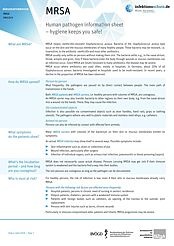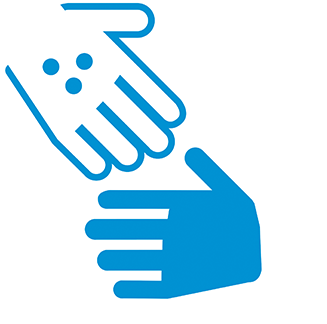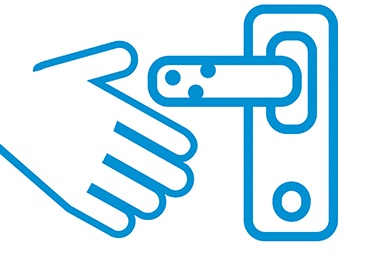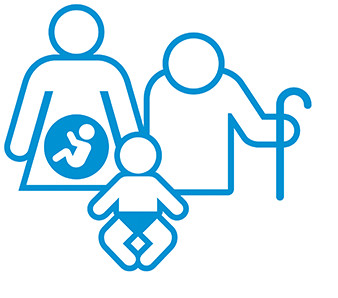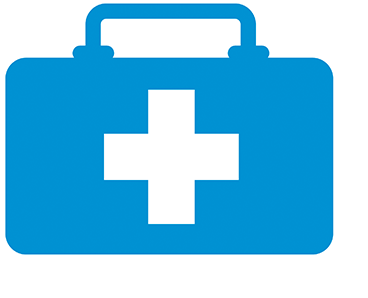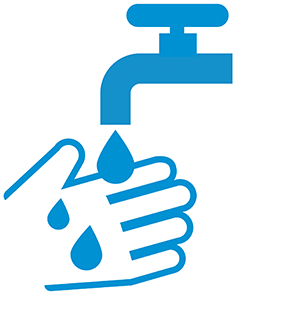Inhalte
- Coronavirus
- Hygienetipps
- Infektionskrankheiten
- Erregersteckbriefe
- Adenoviruses
- Borreliosis
- Campylobacter
- Clostridium difficile
- Coronavirus SARS-CoV-2 / COVID-19
- DENGUE FEVER
- Ebola virus disease
- EHEC
- TBE
- Flu (Influenza)
- Hand, foot and mouth disease
- Hantaviruses
- Hepatitis A
- Hepatitis B
- Hepatitis C
- Whooping cough
- Scabies
- Legionella
- Measles
- Meningococcal
- MERS Coronavirus
- Mpox
- MRGN
- MRSA
- Mumps
- Noroviruses
- Poliomyelitis (Polio)
- Ringel rubella
- Rubella
- Rotaviruses
- RSV
- Salmonella
- Scarlet fever
- Tuberculosis
- West Nile fever
- Chickenpox / Shingles
- Mediathek
- Gebärdensprache|
- Leichte Sprache|
- Sprachen
- deutsch
- українська мова
- english
- français
- русский язык
- türkçe
- اَلْعَرَبِيَّة
- Български
- Română
- Polski
- پښتو
- دری
